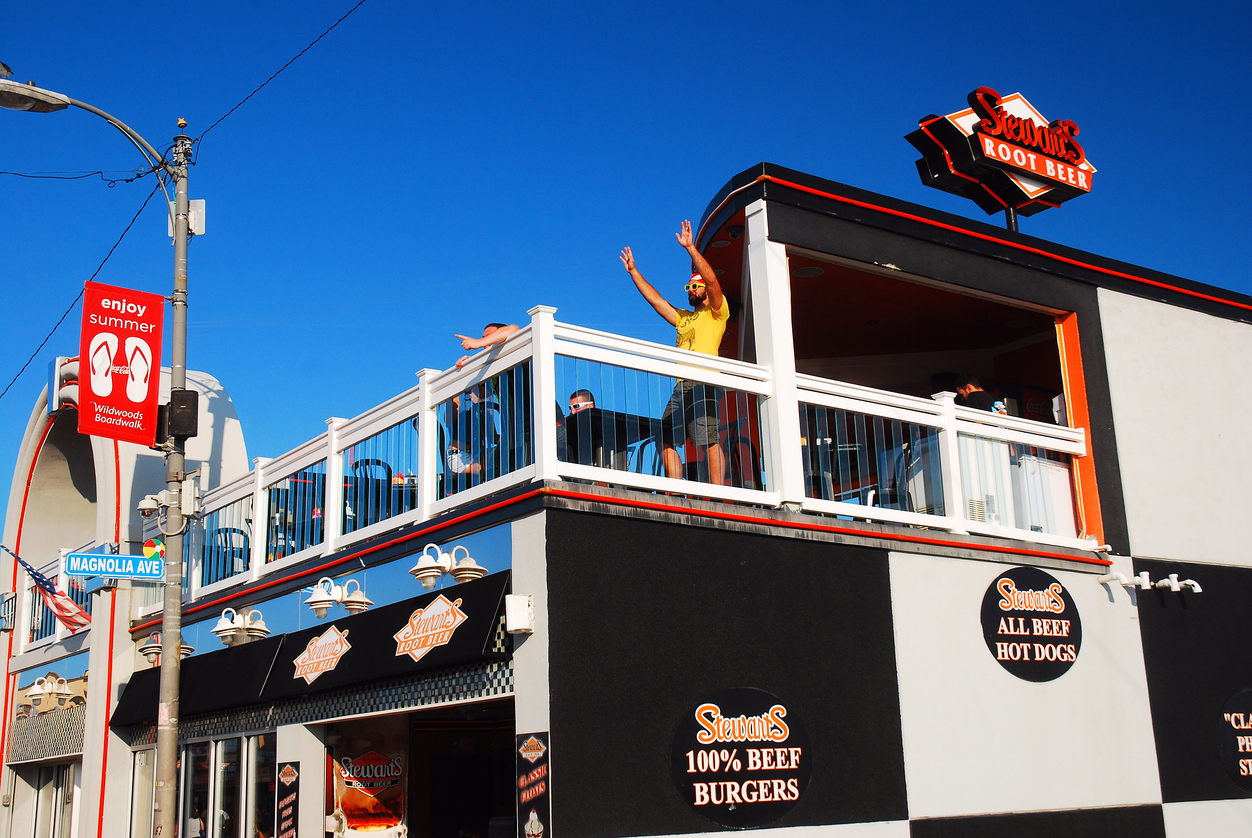
For New Jersey venue owners, offering alcoholic beverages is a draw for business — and, unfortunately, a gateway to serious liability. Understanding liquor liability is critical for any establishment that serves alcohol, from restaurants and bars to event spaces and private venues. Failing to comply with state laws or secure proper New Jersey business insurance can lead to costly lawsuits and damaged reputations. Whether you’re launching a new venue or refining your risk strategy, getting the right hospitality business insurance is a foundational step toward safeguarding your business.
Decoding New Jersey’s Liquor Laws
Liquor laws in New Jersey are strict and unforgiving, especially when it comes to who can be held responsible for alcohol-related incidents. Under the state’s dram shop laws, a business that serves alcohol to a visibly intoxicated person or to a minor can be held liable for any resulting injury or damages. These rules apply not just to bars and restaurants but also to any establishment or host serving alcohol.
Liability extends even to private hosts in some situations. The law also differentiates between “social hosts” and licensed alcohol servers, although both can face lawsuits depending on the circumstances. For businesses, that means rigorous compliance is essential.
Implementing Risk-Management Practices
Mitigating liquor liability starts with training and clear, enforceable policies. Staff should be certified through responsible service programs like TIPS, which provide intervention tools and strategies for preventing over-service. Certification can also be a requirement for certain licenses and may reduce your insurance premiums.
In addition to training, venue operators should implement:
- Strict ID-checking protocols: Establish clear rules and invest in ID scanning tools to prevent underage service.
- Intoxication response policies: Teach staff how to identify intoxication and handle situations calmly and safely.
- Incident documentation tools: Use apps or logs to track any issues involving alcohol service. Documentation can be invaluable in the event of a claim.
These steps not only reduce the risk of incidents but also demonstrate proactive management in the eyes of insurers and regulators.
Choosing the Right Liquor Liability Insurance
Even with airtight procedures, no venue is immune to risk. That’s why it’s so crucial to obtain the right liquor liability insurance as part of a New Jersey business insurance portfolio. This coverage protects businesses against claims of property damage or bodily injury resulting from the service of alcohol.
When evaluating coverage, consider:
- Venue size and event type: A nightclub needs more robust coverage than a boutique wine tasting room.
- Guest demographics: Younger crowds may pose a higher risk and affect your premiums.
- Claims support: Look for providers experienced in hospitality business insurance who offer strong claims advocacy and guidance.
Work with an agent who understands your business type and can tailor a policy to meet your needs without gaps in coverage.
Securing Your Venue Against Liquor Liability Risks in New Jersey
New Jersey venues face real, enforceable risks when alcohol is involved. Proactively managing those risks through staff training, clear policies, and the right insurance coverage offers protection against devastating financial and legal fallout.
By complying with liquor laws, educating staff, and investing in smart New Jersey business insurance, venue owners can build reputations for safety while serving their communities. Call today to review your coverage and get expert support tailored to your hospitality business.
About Provident Protection Plus
For more than 65 years, Provident Protection Plus has served businesses and residents across several states nationwide. Today, we are a wholly owned subsidiary of Provident Bank, the region’s premier banking institution. To learn more about our coverage options, contact our specialists today at (888) 990-0526.



